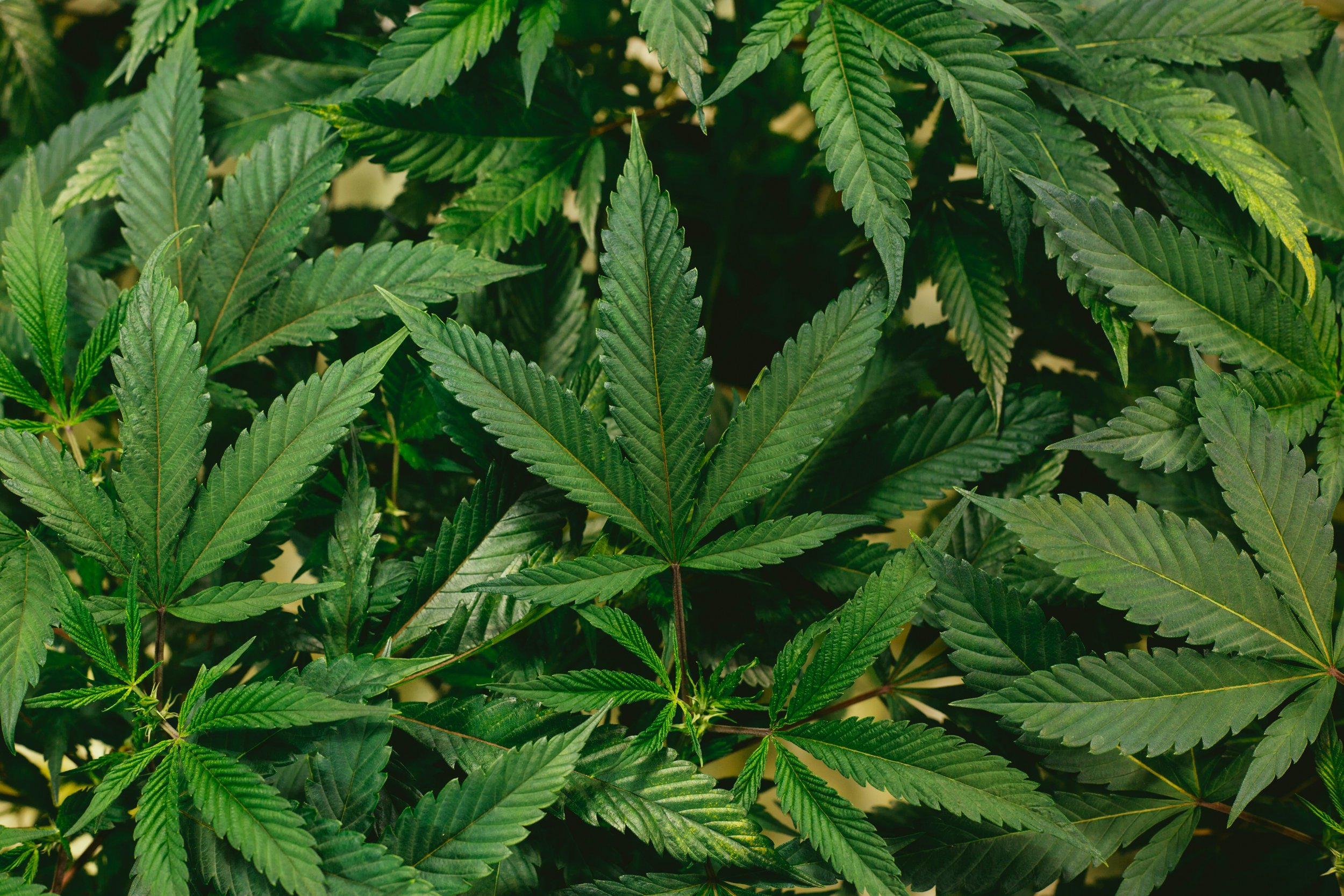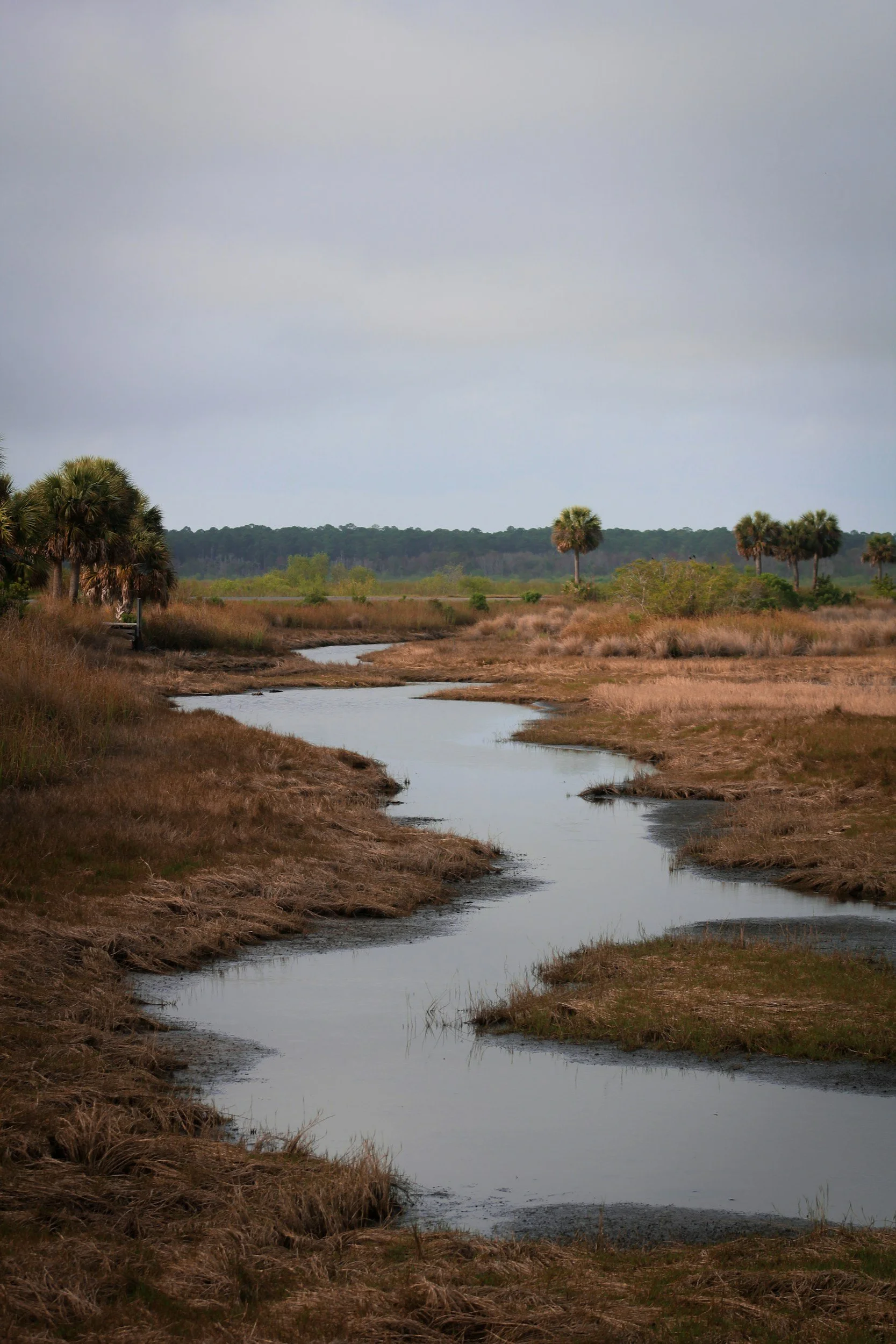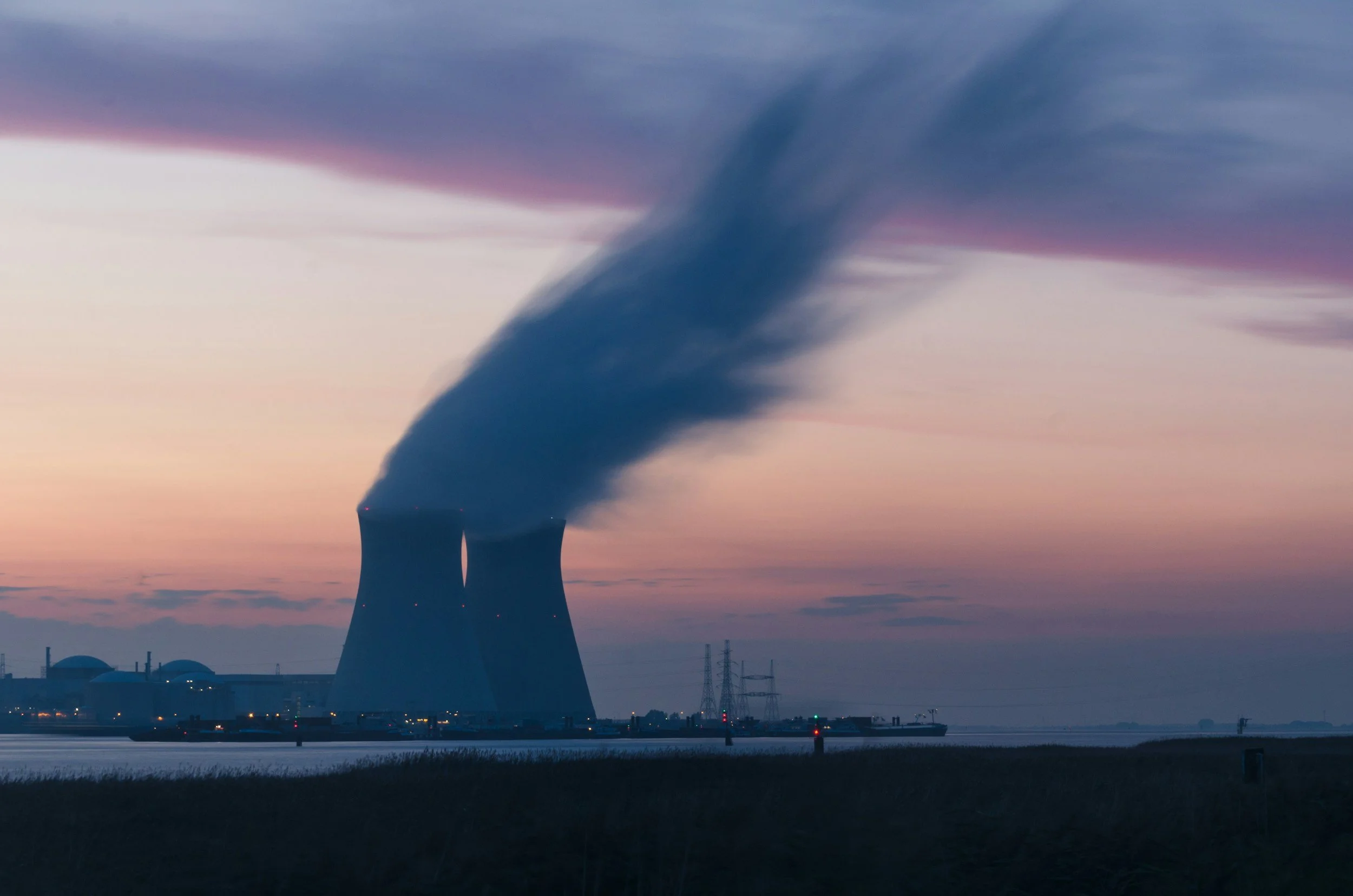VOLUME 15 2022-2023 ISSUE 1
15 Ky. J. Equine, Agric. & Nat. Res. L. 1 (2023).
Article By: Henry Webb, Patrick R. Baker, Paula H. Moore, and Karen Scanlon
This article considers the United States hemp industry, including how it has fared in an uncertain federal regulatory environment from the Civil War to the present, several continuing barriers to its success, and two proposed federal laws, the SAFE Act and the STATES Act, which are intended to remove one of those barriers–an inability to obtain traditional financing from United States financial institutions.
Note By: Harrison J.B. Chittenden
In this Note, Harrison J.B. Chittenden examines the benefits of riparian buffer strips and explores various state and federal incentives to preserve waterways. Chittenden argues Kentucky should implement a comprehensive program for their riparian lands to ensure continued enjoyment of natural resources.
Note By: Cierra Garcia
In this Note, Cierra Garcia analyzes the state of solar energy in Kentucky and argues for an Energy Justice approach. Garcia contends that expanding solar energy and its accessibility through an Energy Justice approach will alleviate urgent issues impacting communities of color.
Note By: Braydan Roark
In this Note, Braydan Roark explores sustainable forestry in Kentucky and argues for regulatory changes through an amendment, duty to notify, and timber severance tax. Roark contends that strengthening existing enforcement mechanisms would generate positive economic and environmental results.
VOLUME 15 2022-2023 ISSUE 2
15 Ky. J. Equine, Agric. & Nat. Res. L. 2 (2023).
Article By: Forrest R. Hansen and Rollin H. Hotchkiss
Low-head dams pose a fatal danger because they look harmless, and they remain unregulated by the federal government or most state governments. In this Article, Forrest R. Hansen and Rollin H. Hotchkiss argue that states should enact multifaceted legislation specifically addressing low-head dams. Multifaceted legislation involving publishing information to the public and stricter access to low-head dams will help protect the public from the latent dangers of low-head dams.
Note By: Autumn Clark
In this Note, Autumn Clark discusses possible changes to the United States energy mix to allow the national push for EVs to be more effective in combating climate change. Clark argues that the United States should reconsider its approach to powering municipal grids and consider increasing the role of nuclear power in light of current issues surrounding fossil fuels and renewable energy. Further, Clark contends that it could be beneficial to gather data and invest in smaller and cheaper small modular reactors while nuclear fusion develops.
Note By: Samantha Davenport
In this Note, Samantha Davenport explains the intersection between plastic waste and the agricultural industry. Davenport emphasizes the urgent need for federal oversight of plastic waste disposal and highlights the deficiencies of plastic recycling. Davenport proposes federal legislation to ultimately shift from synthetic plastic to biodegradable plastic to combat agricultural waste.
Note By: Isa Harrison
In this Note, Isa Harrison points out that the Clean Water Act does not define “commence” in § 1319(g), thus leaving open the question of when an administrative action “commences.” Harrison contends that the Fourth Circuit interpreted “commenced” in the wrong manner because the rigid interpretation contradicts the structure, ordinary meaning of “commenced,” and legislative history of the section. Harrison argues that a more deferential understanding of “commenced” is proper and avoids weakening the diligent prosecution bar.
Note By: Shawn Harkins
In this Note, Shawn Harkins discusses the legal limbo of America’s cannabis market and explains that patchwork state legislation fuels a growing illicit market. Harkins points out that federal action towards legalizing recreational and medical cannabis is pretending like it does not exist and analyzes state legislation attempting to address the issue. Harkins proposes a solution of combined efforts from state and federal governments, including tax, licensing, and bank reform, to grow the legal cannabis market and ultimately eliminate the black market for cannabis.
VOLUME 15 2022-2023 ISSUE 3
15 Ky. J. Equine, Agric. & Nat. Res. L. 3 (2023).
Article By: Dr. Joshua Ozymy and Dr. Melissa Jarrell Ozymy
In this Article, Dr. Joshua Ozymy and Dr. Melissa Jarrell Ozymy examine criminal enforcement of environmental violations and regulations following the enactment of Superfund. They conduct an analysis of prosecutions throughout the years and find that Republican Presidents oppose enforcement of environmental law, while Democratic Presidents support enforcement of environmental law. They contend that budgetary investments are necessary to combat the trend in decreasing funds and structural divestment of environmental enforcement.
Note By: Gracie Sandlin
All wetlands contribute to a healthier society and growing economy. In this Note, Gracie Sandlin argues for a new rule under the Clean Water Act granting broad jurisdiction over all wetlands, whether or not they are physically connected to navigable waters. Sandlin argues for the broadest protection of wetlands through an inclusive definition of “waters of the United States.”
Note By: Hannah Thompson
In this Note, Hannah Thompson contends that Big Oil companies should be held accountable for their deceptive advertising practices through widespread consumer protection lawsuits and private actors. Thompson highlights that Big Oil’s greenwashing is unprotected as commercial speech under the First Amendment. Thompson argues that holding Big Oil companies liable for greenwashing will transform conversations around climate commitments in a way that promotes substantial action.













